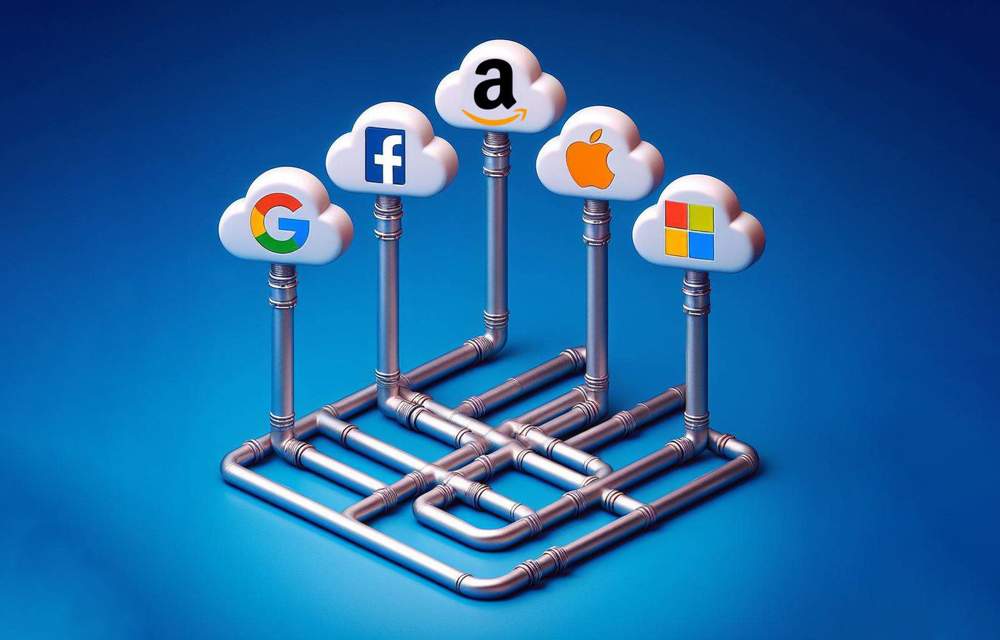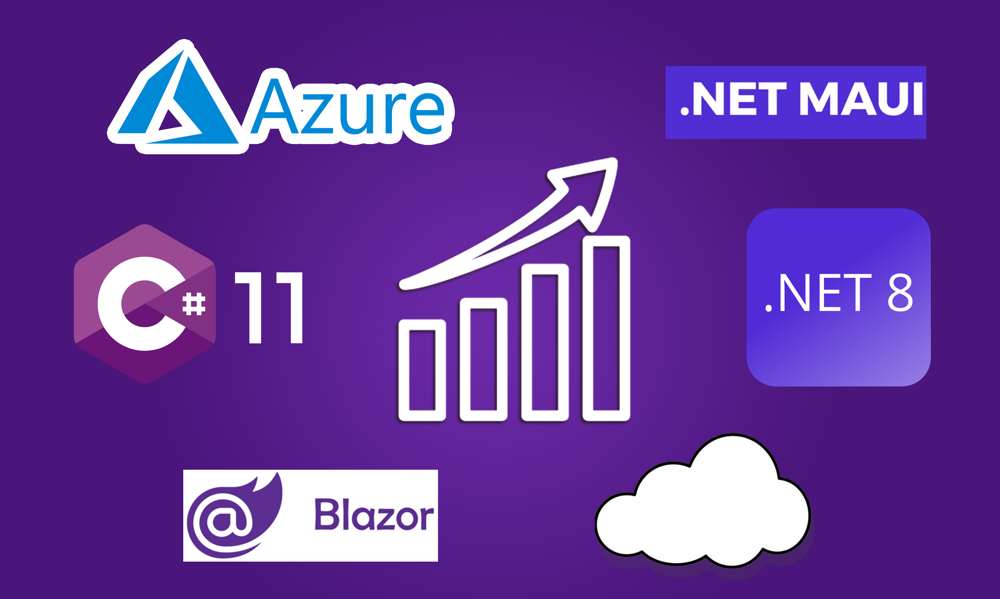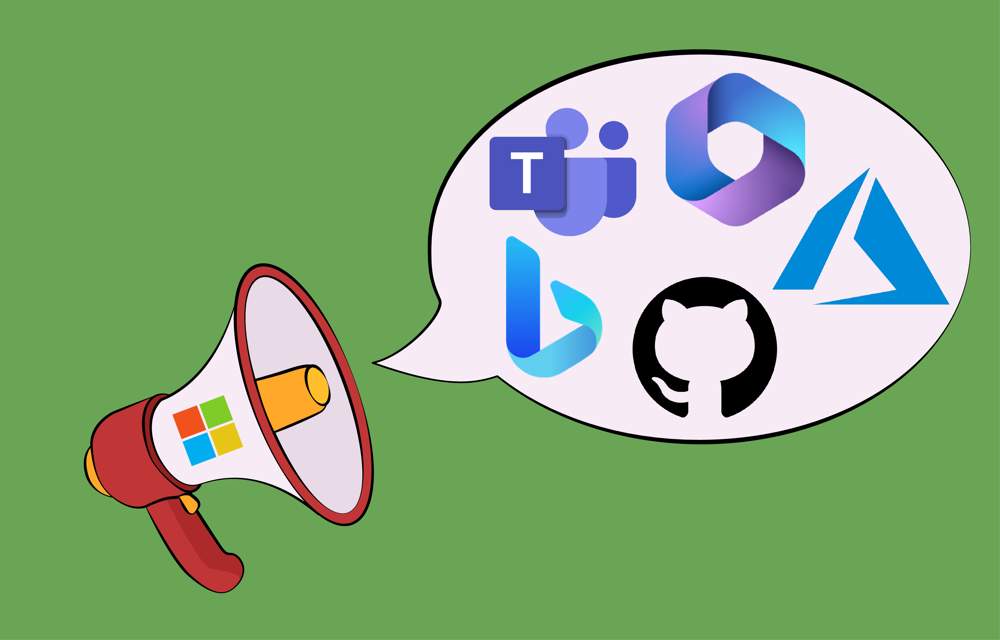
How culture and structure in big tech (GAFAM) show in their products
When talking about big tech, we usually mean five specific companies known as the Big Five or GAFAM. Those are Google, Amazon, Facebook (now Meta), Apple, and Microsoft. These companies have shaped the technology world as we know it. They led the five big waves of disruption: personal computing, the internet, mobile, social media (web 2.0), and cloud. When we think of personal computers, we think of Microsoft and Apple. When we think of the internet, we think of Google and Amazon.

Recapping C# and .NET in 2023: Announcements, Conferences, and best Blog Posts
We had a ton of stuff go down in the world of C# .NET this year. The big news was all about generative AI, ChatGPT, and Copilot, but the .NET team and the community didn’t take a sabbatical. We had loads of conferences, announcements, new frameworks, and cool tools. There was a fresh C# version release, a new .NET version, and plenty more. Yours truly went over all the 2023 announcements, the most popular conference sessions, the top tool releases, and the most-loved blog posts of the year.

9 Announcements in Microsoft Build 2023 and their Implications for the Future
The annual Microsoft Build 2023 conference just occurred and it came with a truckload of announcements. This event is Microsoft’s developer-focused conference, and it’s usually about cloud services and developer platforms. But it’s not unusual for the conference to be used as a marketing opportunity, and this year wasn’t an exception. Microsoft marketed the hell out of Windows, Microsoft 365, and Bing among other products, and it did so with a singular focus on AI.
Where did the Microsoft Tech Stack disappear?
Did you hear about stackshare ? It’s a pretty neat website that I recently discovered. The idea is that you can search for any tech company, and see their technology stack. For example, here is Airbnb’s: So the first interesting thing that came to mind was checking out what the most successful startups are using. I used this list of “successful startups”, in addition to angel.co startup database. After looking at about 100 startups, I ended up with data from 23.
